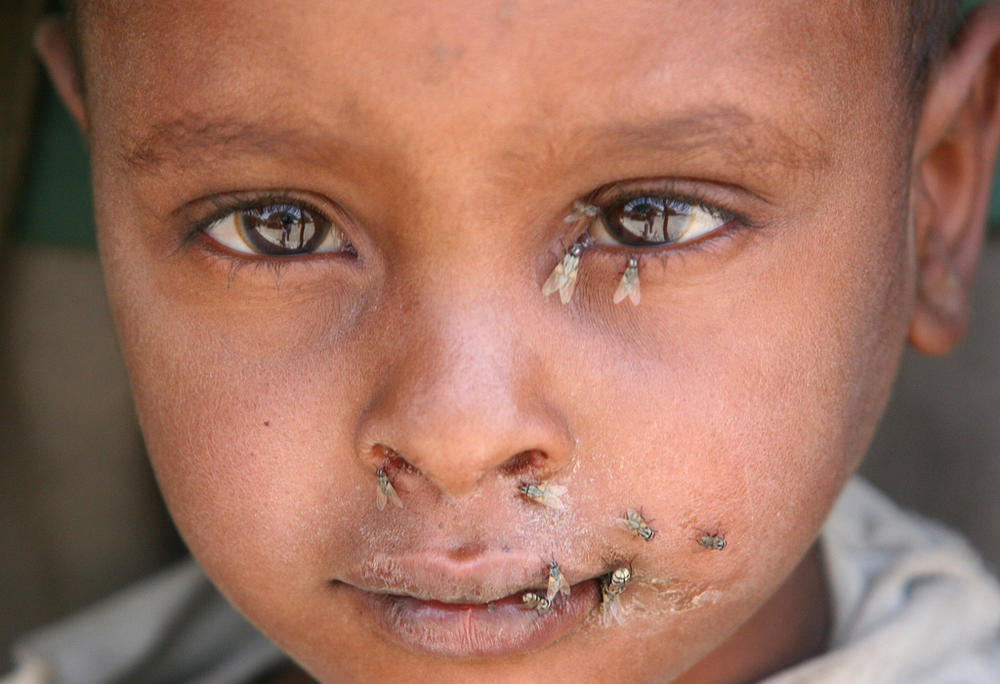Section Branding
Header Content
Atlanta Considered: How Smartphones And Science Could Help Eradicate Disease
Primary Content
This week for Atlanta Considered, we “consider” how first-world technology like smartphones and apps is becoming a crucial weapon against third-world diseases.
That’s where Decatur-based Task Force for Global Health comes in. Its mission is to combat devastating illnesses that affect millions of people living in poverty.
It’s able to fight this battle by not only utilizing doctors – but by using data.
Task Force CEO Dr. Mark Rosenberg is part of a panel Sunday at South By Southwest in Austin called “How to End a Plague: Smartphones, Science, and Partnerships.”
Here’s our conversation:
Dr. Mark Rosenberg: We think that Atlanta has an incredible story to tell. Atlanta is really the global health hub of the world. With the Centers for Disease Control, with organizations like CARE and the Carter Center and the Task Force and the academic schools of public health. We think we have an amazing story to tell in trying to end a plague using partnerships, science and technology.
Rickey Bevington: Who are you hoping to reach through going to south by southwest at the conference.
Rosenberg: We've committed to end blinding trachoma, an extraordinarily ambitious goal, by 2020. To reach over 100 million people we need the help of any technology we can get. So we hope that by telling this story of an amazing disease and amazing partnership we can get people with amazing technologies to come on board.
Bevington: This is a really terrible disease. What does it do to people?
Rosenberg: This is an awful disease and an awfully painful disease. In parts of the world where they don't have water to wash the faces of young children, secretions accumulate on their face from their eyes, their nose the food that they eat. They have nothing to wash it so flies land on them for food. These flies spread the bacteria - chlamydia - and when it gets into the eye of a child and eventually causes scarring on the inside of their eyelid and it causes their eyelashes to turn in. Imagine your eye being scratched hundreds of times a day every time you blink and eventually from the scratches your cornea and your cornea becomes opaque and you go blind. You can get rid of the bacteria by treating a person with this antibiotic just twice a year.
Bevington: Can you give me a specific example of how it is that technology is going to help you fight trachoma and eliminate it.
Rosenberg: In order to fight a disease you have to know where the disease is. You have to know where your enemy is. Since it covers a huge continent like sub-Saharan Africa you have to know where are the people who have this infection, where are the people with the disease. So the first way we used the technology was to map those places where they do have blinding trachoma and to collect data we had to examine more than 2.5 million people. What we can do using smartphones to collect the data is collect the data in real time, send it back to our server here in Atlanta, and integrate the new data that we collect every day, in real time, we can get these data any time we need them to mount the effort to treat the disease.
Bevington: While you're in Austin what is your argument for why this audience should consider joining this effort here in Atlanta?
Rosenberg: This is a very tech-savvy audience. There are a lot of computer geeks, people who build apps, people who are tech savvy. If we can recruit people to help us collect the data and to help transform that into understanding I think together we can change the world in such a very important way.
Bevington: Dr. Mark Rosenberg, thank you for joining me.
Rosenberg: My pleasure.
https://www.youtube.com/watch?v=CaSvLVj6Ta0&feature=youtu.be
For fully functional version of the Global Trachoma Map, click here.



